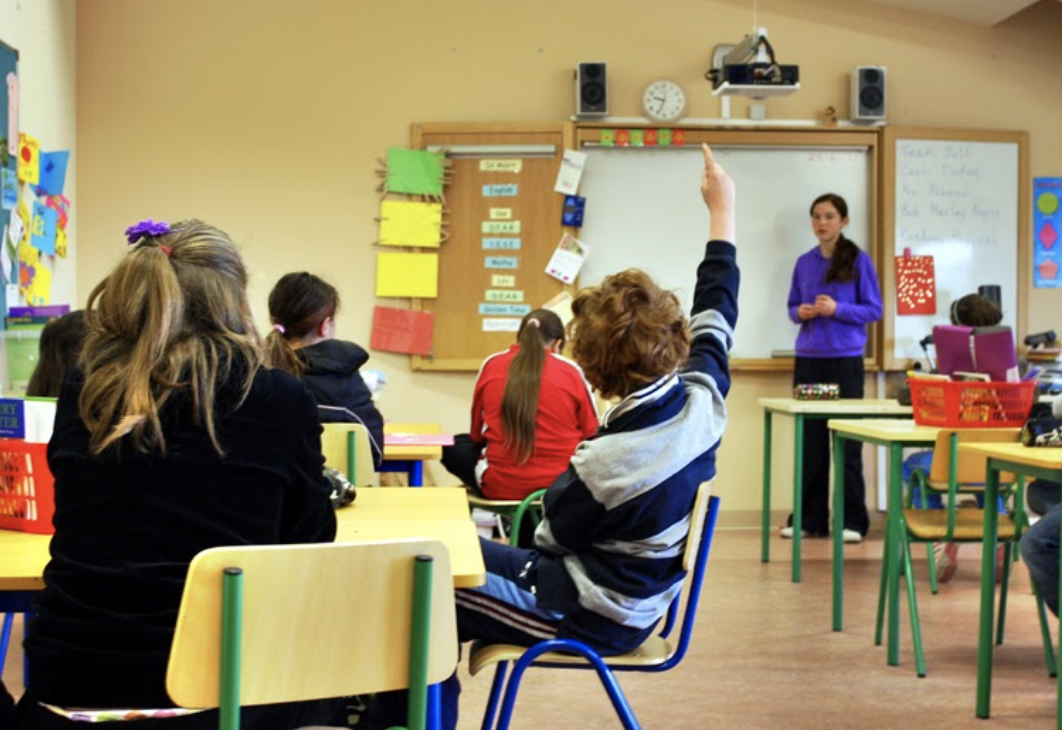
Abstract: This study examines the gendered dynamics of classroom participation in tertiary-level English as a Foreign Language (EFL) education in Bangladesh, where deeply embedded socio-cultural norms and institutional hierarchies shape learners’ voice, visibility, and access to equitable discourse practices. Although gender disparities in education have been widely documented, few studies in the Bangladeshi context have critically explored how gender mediates students’ opportunities to speak, be heard, and participate meaningfully in classroom interactions. To address this gap, the study adopts a qualitative design involving classroom observations and semi-structured interviews with 16 undergraduate students (eight male, eight female) and four EFL teachers across two public universities in Dhaka. Drawing on Reflexive Thematic Analysis, the findings reveal persistent asymmetries in classroom discourse, where male voices frequently dominate while female contributions are marginalised, constrained, or silenced. These disparities stem not only from students’ internalised gender ideologies but are also reproduced through pedagogical practices and teacher mediation. By foregrounding how gendered subjectivities are discursively constructed and negotiated in EFL classrooms, this study contributes critical insights to the development of gender-responsive pedagogies that foster inclusive, equitable, and empowering learning environments within postcolonial higher education contexts.
Keywords: Gendered participation, voice and visibility, EFL classrooms, critical pedagogy, Bangladesh.
